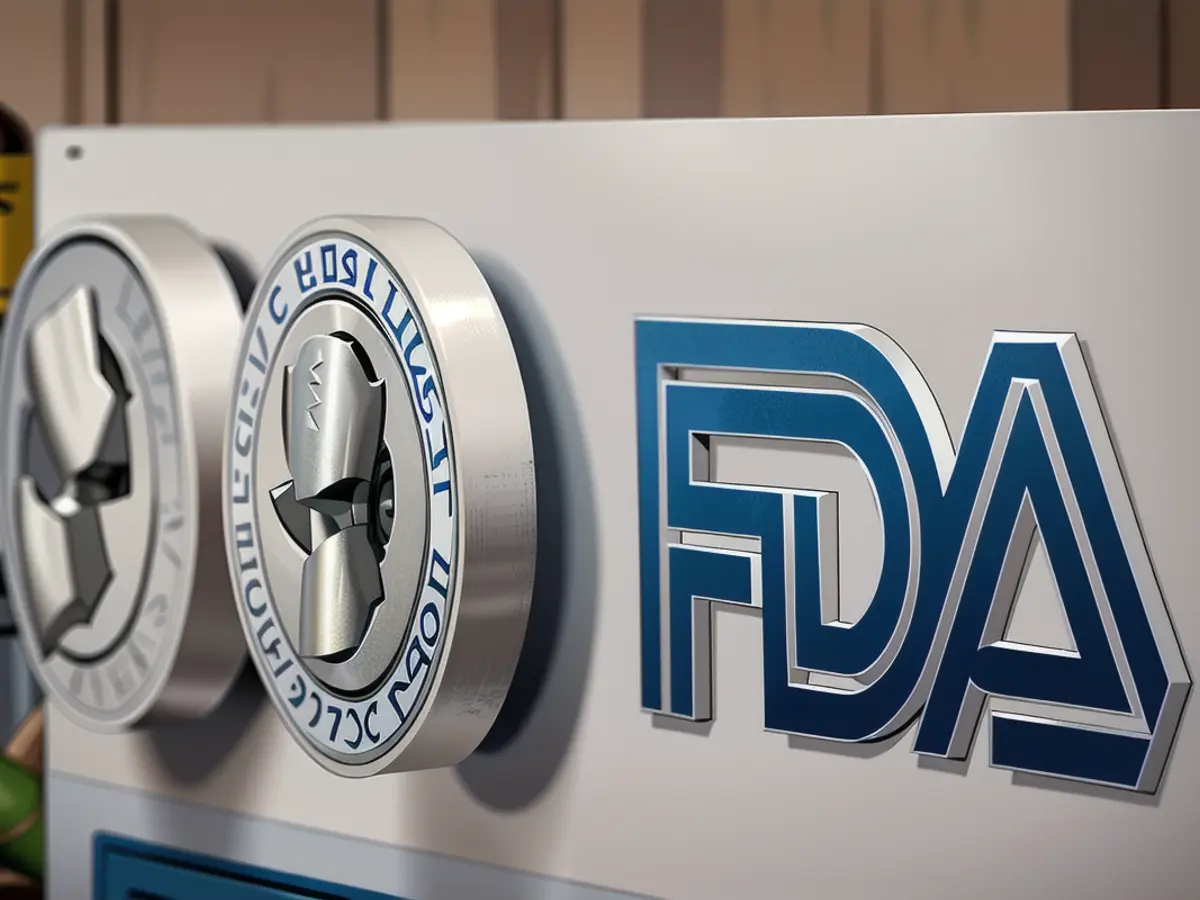FDA advisors consider the advantages of weekly insulin for diabetics.
During a meeting, the FDA's Endocrinologic and Metabolic Drugs Advisory Committee debated on whether the advantages of Novo Nordisk's new weekly treatment, known as insulin icodec, overcome its potential hazards. If approved, it would be the first once-weekly insulin available in the United States.
The discussions centered around the effectiveness and safety of insulin icodec, particularly in people with type 1 diabetes. The advisers were requested to determine whether Novo Nordisk had provided enough evidence that insulin icodec's benefits surpass its risks for enhancing blood sugar control in adult type 1 diabetics. Four advisers agreed. Seven advisers opposed.
The advisory committee's deliberations and voting results will be passed on to the FDA, which might or might not follow the committee's recommendation when determining whether to approve the treatment.
Monitoring Phase 3 clinical trials revealed that weekly insulin icodec was more effective in lowering high blood sugar levels than the once-daily therapy insulin degludec. However, it was linked to a higher prevalence of serious hypoglycemia, also called low blood sugar, that can lead to fainting or seizures.
"Insulin icodec was associated with 50 to 80% more significant or severe hypoglycemia when compared to insulin degludec at Week 52, depending on the analysis technique," the meeting materials state.
If the FDA grants approval, some committee members suggested providing instructions on how to manage and address the hypoglycemia risk.
Committee member Dr. Barbara Onumah, an endocrinologist in Largo, Maryland, voted in favor of the benefits of insulin icodec outbalancing its risks.
"Having this would add another tool for clinicians," Onumah said.
"It wouldn't help everyone, but it could be beneficial for certain individuals," she added. "There are still a few measures that need to be clarified for general practitioners or physicians who would be writing this prescription, if approved, to ensure it's done safely and effectively - as safety would be crucial."
Dr. Matthew Drake, an endocrinologist at Mayo Clinic in Rochester, Minnesota, voted against it.
Drake explained that his reasoning was due to the comparison of insulin icodec with the current standard of care, "insulin degludec, which has a favorable safety profile in my experience," he said.
Erica Brittain, a biostatistician at the National Institutes of Health, also voted against it but found it a difficult choice.
"I realize there are potential advantages, like having fewer injections, which is significant," Brittain said.
"Alas, within the trial data, we don't witness the advantage of better blood sugar control, like was anticipated for adherence. I comprehend that it would be challenging to demonstrate this in this specific clinical trial population, though things went the opposite direction," she said.
The committee also discoursed on how a weekly insulin injection could be a simpler treatment regimen than daily injections.
According to the FDA advisory committee's meeting materials, approximately 53% of adults with type 1 diabetes comply with existing insulin treatment schedules, with about 22% of patients skipping at least one basal insulin dosage over any 14-day period. Skipping insulin injections can lead to diabetic ketoacidosis.
Novo Nordisk isn't the sole organization developing a once-weekly insulin therapy for diabetes patients. Last week, Eli Lilly declared that its once-weekly insulin efsitora alfa was "equally safe and effective" in Phase 3 studies involving adults with type 2 diabetes using insulin for the first time and those requiring multiple daily insulin injections. Nevertheless, Lilly hasn't requested FDA authorization yet.
Read also:
- No food or coffee for three days, just juice, juice, juice instead: a field report
- How to get rid of the flu if you have caught it
- Doctors warn of penis fractures and other injuries during the Christmas season
- Corona or flu epidemic? These pathogens are making us cough and sniffle right now
The FDA's Endocrinologic and Metabolic Drugs Advisory Committee discussed the potential benefits and risks of Novo Nordisk's weekly insulin, insulin icodec, during their deliberations. Some committee members argued that insulin icodec's advantages in lowering high blood sugar levels could outweigh its higher risk of serious hypoglycemia.
If the FDA approves insulin icodec, there may be a need to provide instructions on how to manage and address the increased risk of hypoglycemia.
Source: edition.cnn.com








